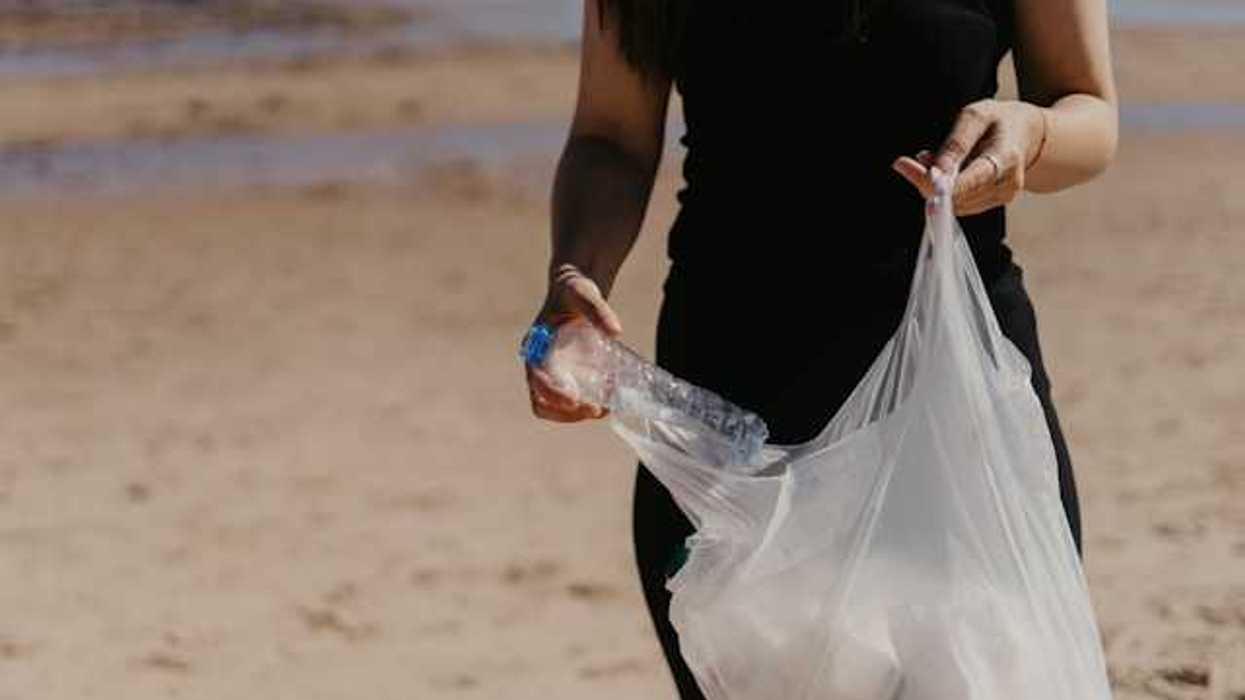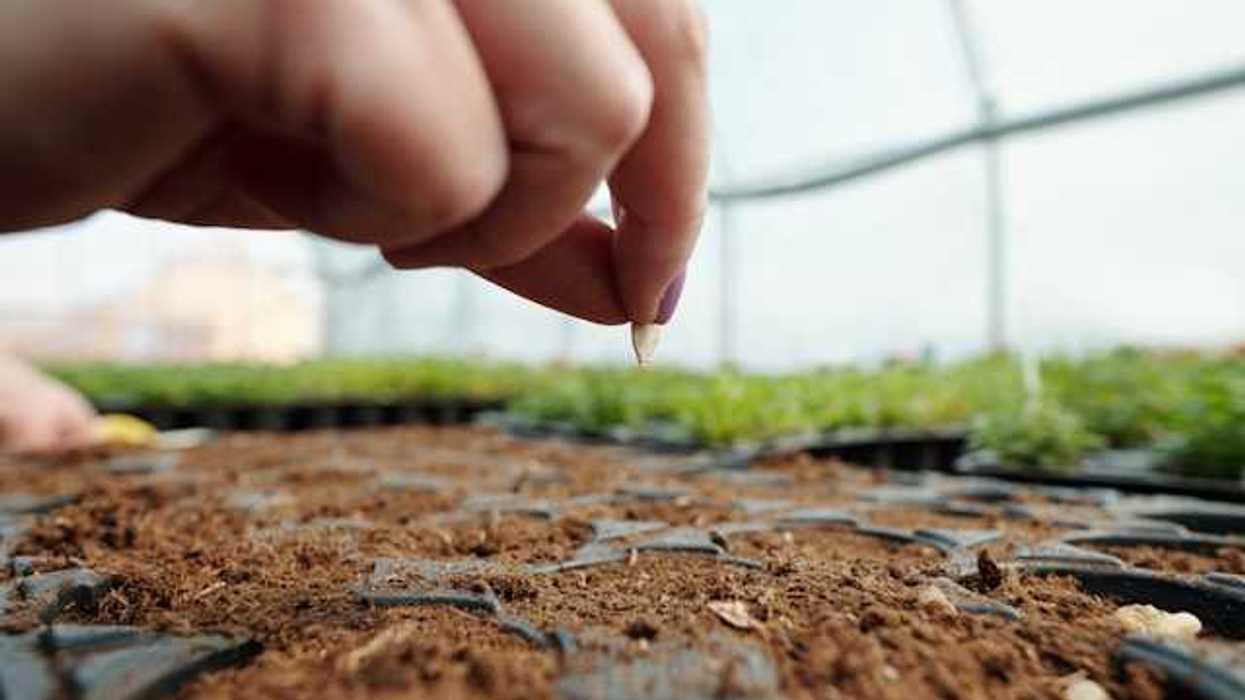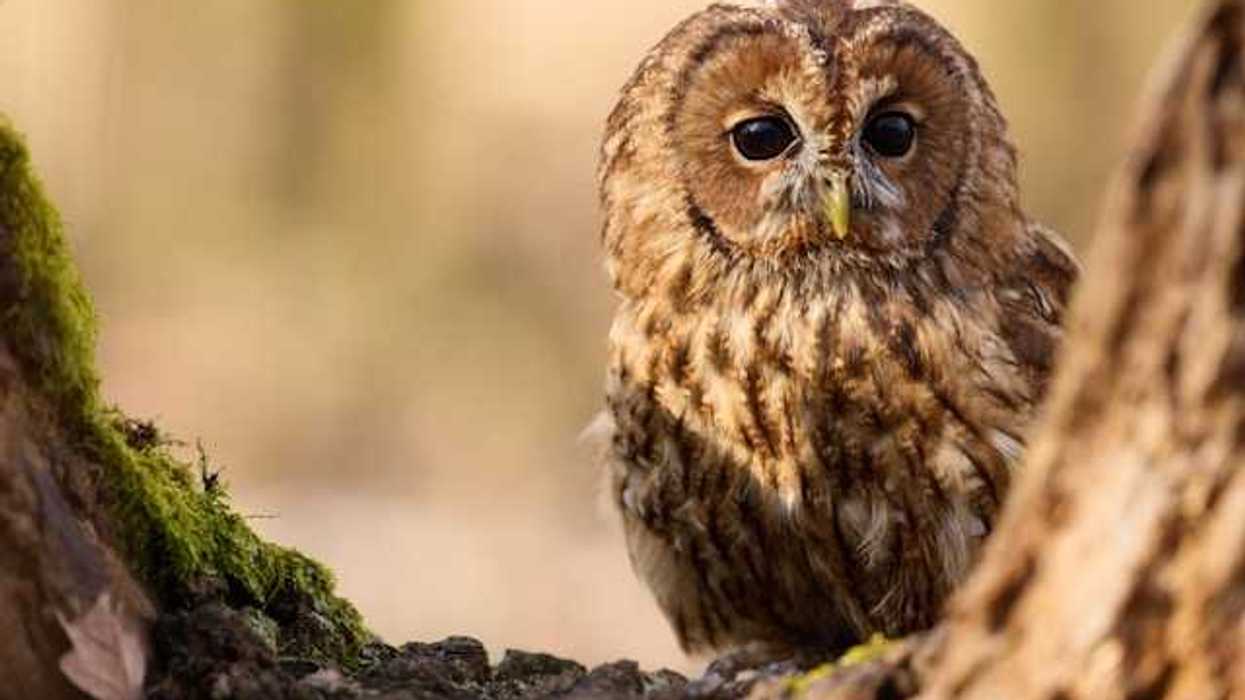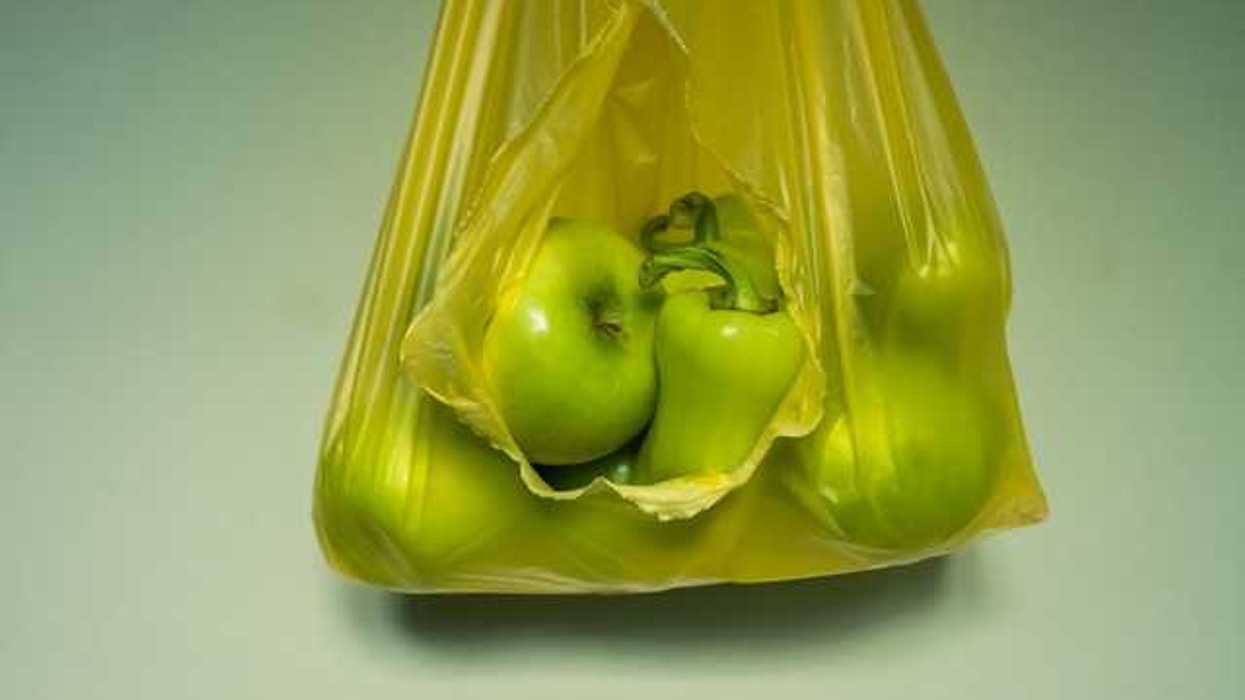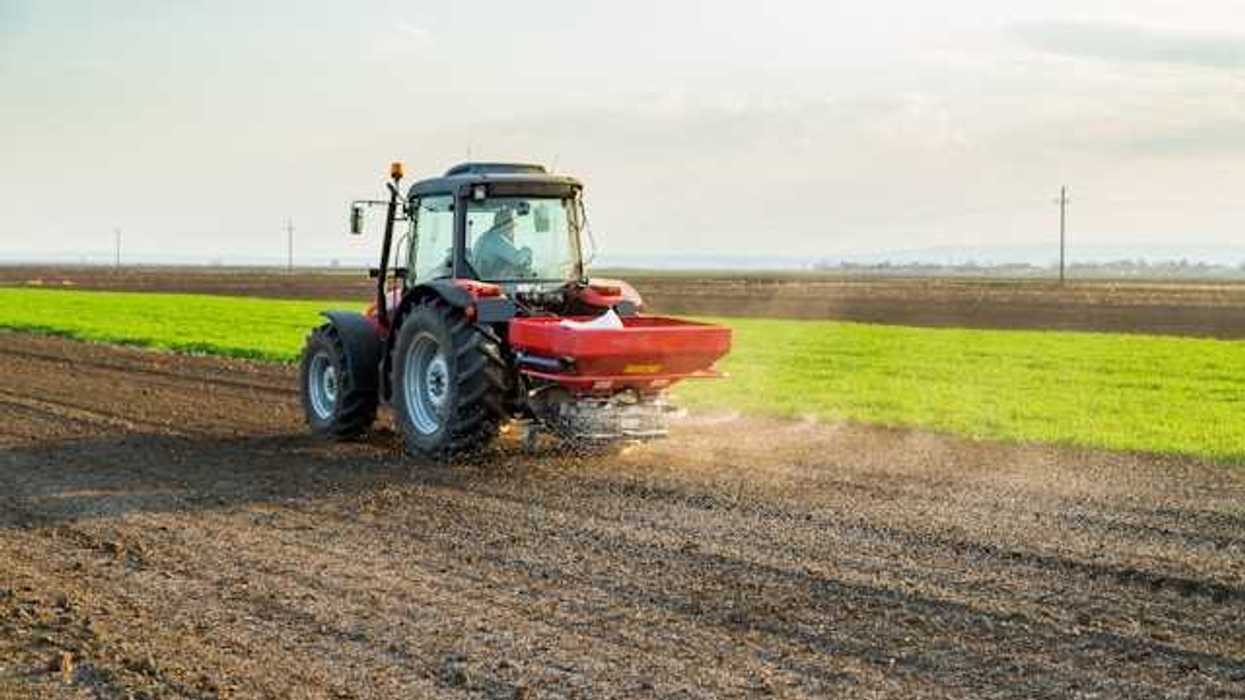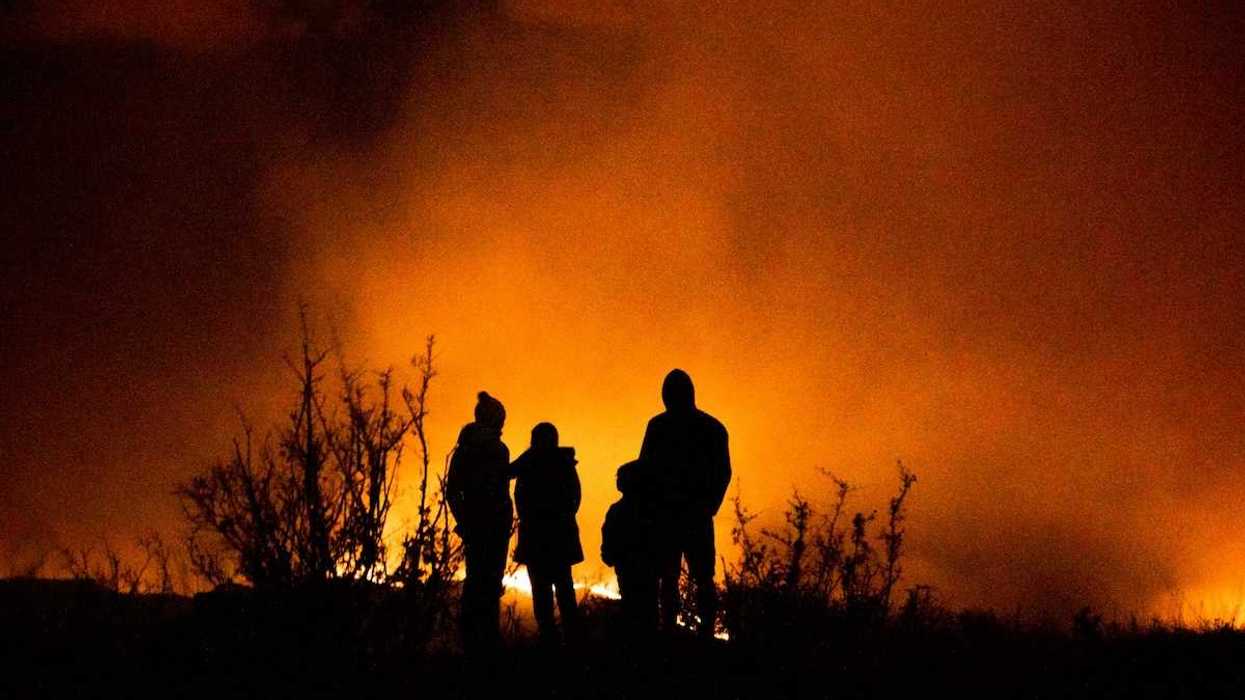Vermont's legislation to limit neonicotinoid pesticides, known for harming bees, progressed through the House Committee with substantial support.
Abagael Giles reports for Vermont Public.
In short:
- Vermont's House Committee on Agriculture passed a bill to phase out neonicotinoid pesticides by 2029, with most spraying ending by 2025.
- Exemptions exist for fruit growers, with restrictions during flowering periods, aligning with similar bans in Ontario, Quebec, and the EU.
- While some farmers express concern, proponents argue the ban is crucial for the survival of pollinators and the beekeeping industry in Vermont.
Key quote:
"We have some of the best honey in the world right here in Vermont, and that is a gift. We must honor that and cherish it and our critically important insect population."
— Bianca Braman, vice president of the Vermont Beekeepers Association
Why this matters:
The impact of pollinator loss extends beyond agriculture. Pollinators support the growth of flowers, bushes, and trees that provide habitats for other wildlife, contributing to a healthy and balanced ecosystem.
Environmental advocates say numerous studies show neonicotinoids are not necessary and are so detrimental to the environment that they should be banned.





